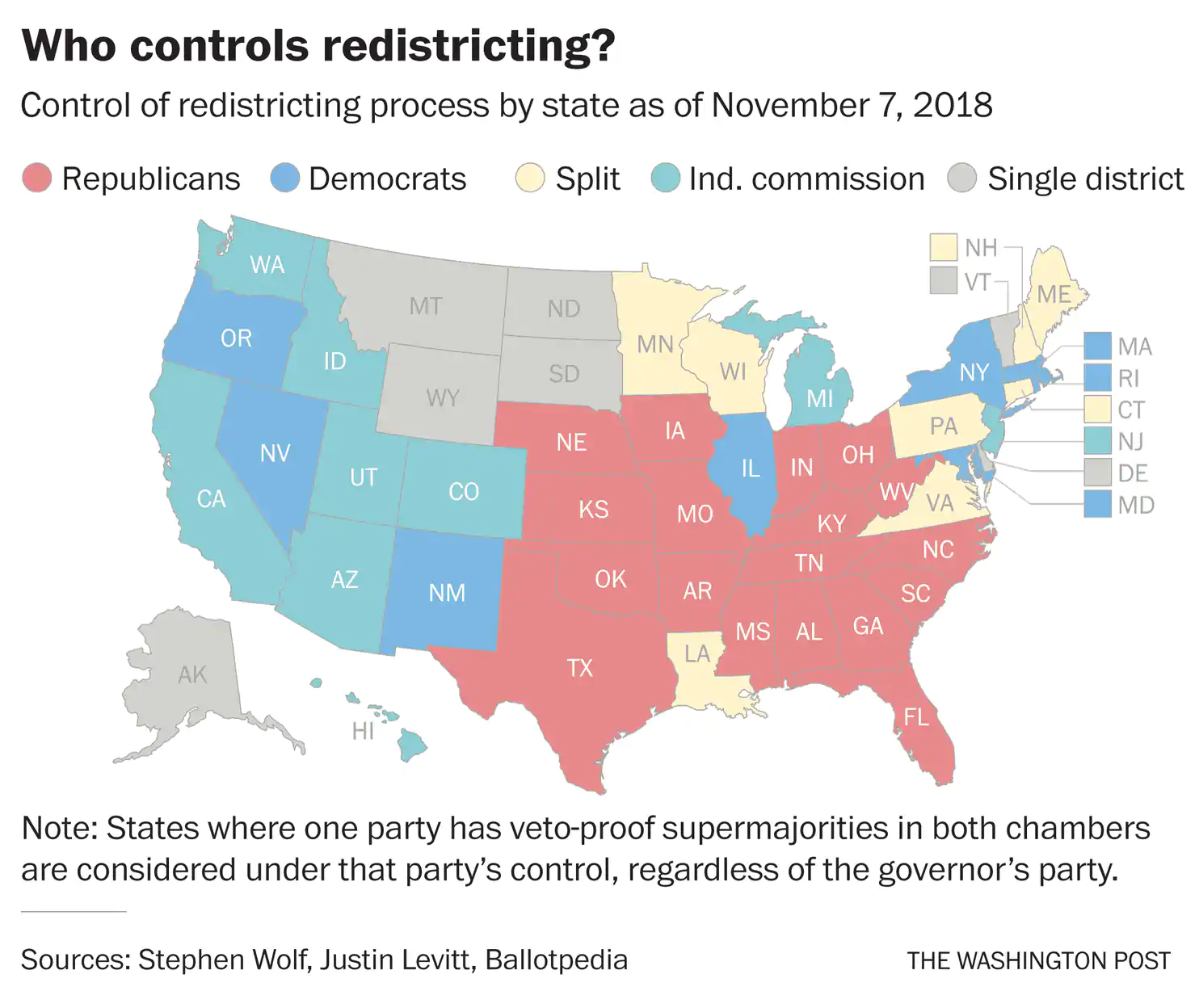
– Michele Moody-Adams
Looking more closely at the invective from the American examples above, there isn’t anything especially artful or inventive about disrupting a Presidential speech by yelling out “you lie” because one disagrees with its content. Moreover coming on the floor of Congress, such expression sends a message that at least some of our most influential political leaders have no respect for the principles of reasoned public debate. There is nothing artful or inventive about expressing disapproval of a former lobbyist by describing her as a “whore.” At the very least, such a comment expresses bitter and deep-seated ill will and misogyny, and seems intended simply to poison the well, rather than to generate a politically informed laugh. Genuine political humor may contain insults, to be sure, but done right its corrosive effect on institutions can be limited, just because it has the capacity to divert our attention from the insult that it contains even as it delivers the insult. This may explain the willingness of some politicians who, despite being relentlessly mocked on the television programs such as “Saturday Night Live,” remain willing nonetheless to appear on the program and play along with the joke. The diversion can sometimes even enhance the political appeal of a politician willing to engage in self- mockery. But even as we allow ourselves to be entertained by genuine political humor, we must not forget what it can sometimes mean to “play along” with other kinds of insults that may be far less benign. Consider, for instance, a political campaign against incumbent legislators that — like the comment about stomping on an opponent’s face—implies a willingness to use violence against opponents. The more we “play along” with such an implication, the easier it can become to feign ignorance of the content of the insult — and to remain strangely distant from what would happen if anyone acted on its implicit directives. The history of totalitarian violence in the twentieth century, and chilling recent examples in the American context, show that when the tendency to feign ignorance of this kind of content becomes widespread, there is no telling what social evils may be shielded or even furthered by the equally widespread refusal to identify a socially and politically corrosive insult for what it is. Similarly, the more we “play along” with insults that cast doubt on the patriotism, the compassion, or the intelligence, of those who disagree with us — almost entirely because they disagree with us — the more we create a toxic environment for debate in general. It is hard not to believe that the increase in politically motivated violence in America since 2016 is an all too reliable example of this phenomenon.
Read the full article here.




Be the first to comment